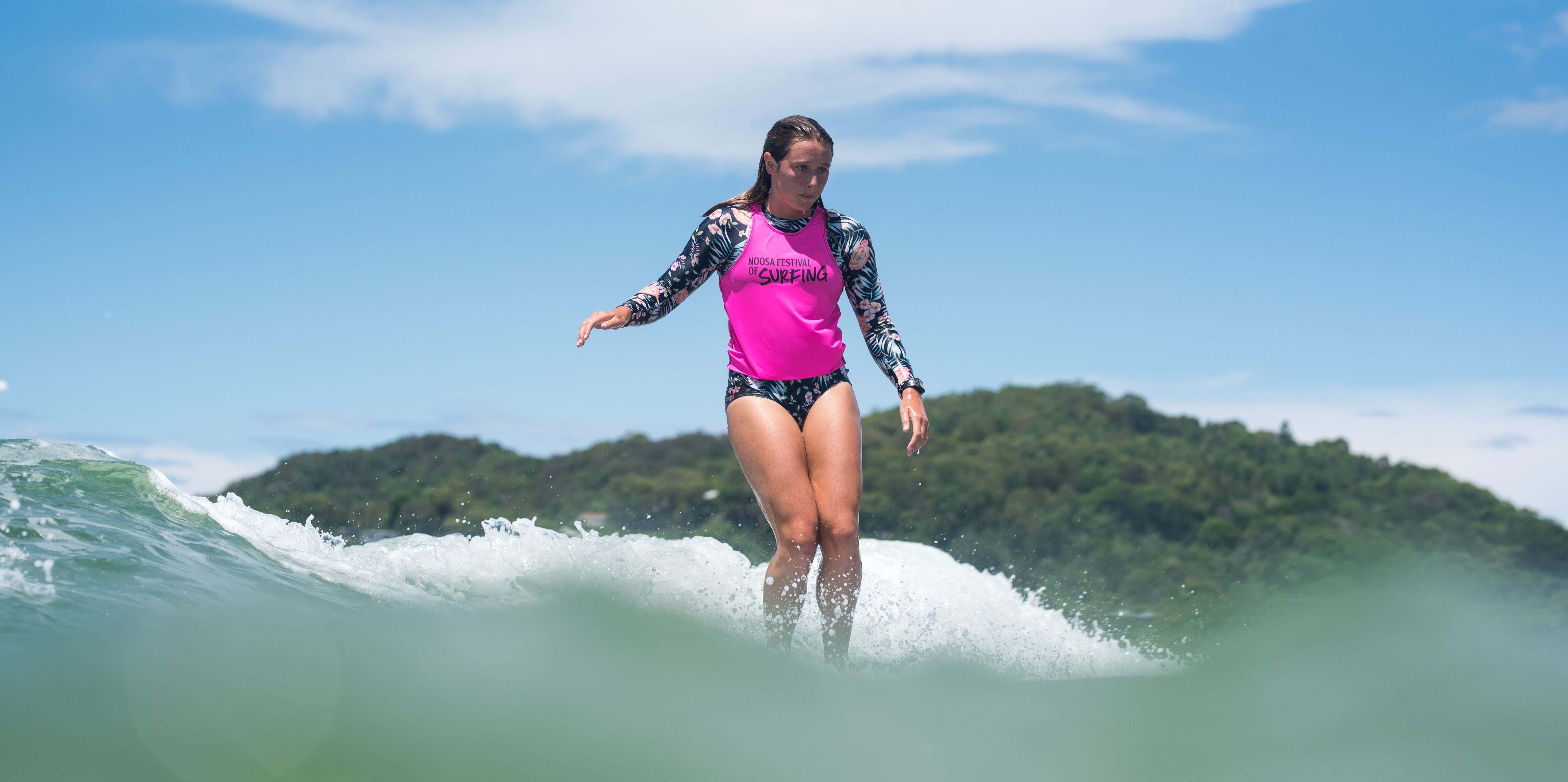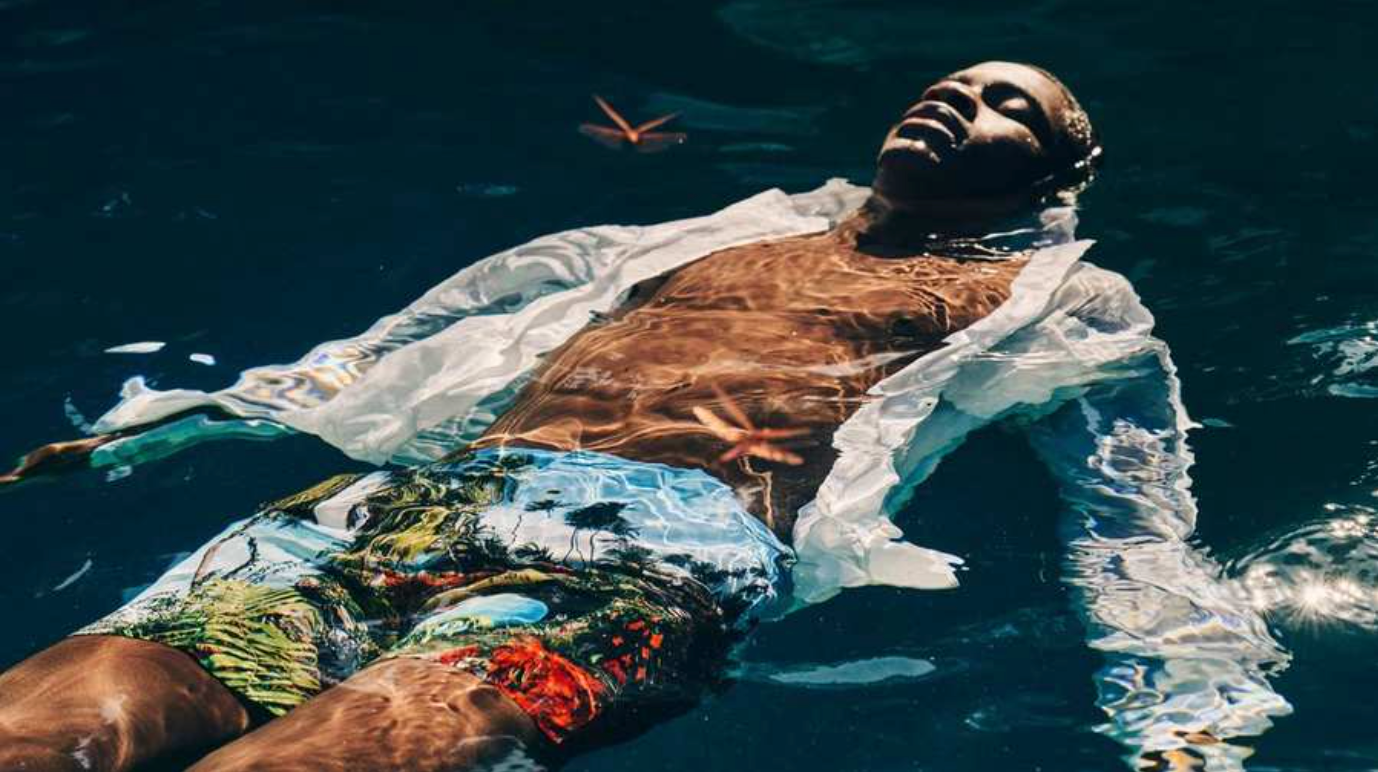
Our friends at Compose[d] and MaCher just released their latest Sustainability Insights Report. The report reveals that a whole lot of people consider it important to live a more sustainable lifestyle – and they’re looking for ideas, products, brands, and solutions that align with their values.
With more people starting to travel, we’re excited to learn that 75% of people interviewed were looking for “a way to offset the impact their travel has on the environment.” Travel and the experiences, connections, and cultures it exposes us to can have deep, life-long positive benefits, but there’s certainly no denying that travel comes with a carbon footprint.
Whether you’re flying to visit family for the first time in 12 months or heading to your favorite eco-surf resort in Costa Rica, your journey is leaving behind a carbon trail that’s hard to ignore, but straightforward to balance by planting and protecting SeaTrees. We’ll be talking more about how you can reduce your travel impacts and travel responsibly with some of our travel partners over the coming year – stay tuned.
How do we “balance, wipeout or offset” your carbon footprint?
Whether it’s your personal footprint or the carbon emissions from your entire company, we believe that simply being carbon neutral isn’t enough to help us solve climate change. In order to reverse climate change, we need to sequester the carbon dioxide we’ve emitted for decades in parallel with reducing our current CO2 emissions.
Our solution: The SeaTrees Token, which restores multiple ecosystems to sequester more CO2 than you emit. The result: a positive impact on the ocean and the life it supports. For every ton of carbon dioxide you’re looking to wipeout or balance, we:
- Sequester 1 ton of CO2 with carbon credits from the Southern Cardamom REDD+ Project, Cambodia
- Plant 4 mangrove trees in Indonesia which has the potential to sequester an additional 1.2 metric tons of CO2
- Restore 1 sq-ft of kelp in Palos Verdes, California
So if your carbon footprint is 10 tons of CO2, 10 SeaTrees Tokens will make you “carbon neutral” with 10 certified carbon credits from one of the best REDD+ projects we’ve ever seen. Then you become “ocean positive” by the additional support of restoring kelp and mangrove forests.
What’s a REDD+ project? REDD+, aka Reducing Emissions from Deforestation and Forest Degradation, was established by the United Nations in 2005 to incentivize developing countries to prevent rampant logging and create sustainable jobs. By protecting threatened forests, REDD+ projects generate verified carbon credits by becoming validated and verified to the strict requirements of independent, science-based, third-party standards. Geek out on REDD+ here.
The Noosa Festival of Surfing kicks off later this week and we’re stoked to let you know that it’s an Ocean Positive Event. After spending years working with surfing and lifestyle events all around the world, we know that the biggest impact of most events is the carbon footprint created by people traveling to those events. In addition to being plastic free, diverting 90%+ waste from landfill and giving back to the community in a big way, the Noosa Festival of Surfing is working with us to measure and wipe out the event’s carbon emissions.
We’ll be onsite checking out all of the Ocean Positive activities and sharing a couple of waves with friends at First Point.
Perfect threads for hanging beachside in Noosa?
Earlier this year, Orlebar Brown became an Ocean Positive Brand – making their superbly-styled threads the perfect combo for our trip to Noosa. Double bonus: if our luggage goes astray on the trip up, there’s an OB store steps from the beach.



